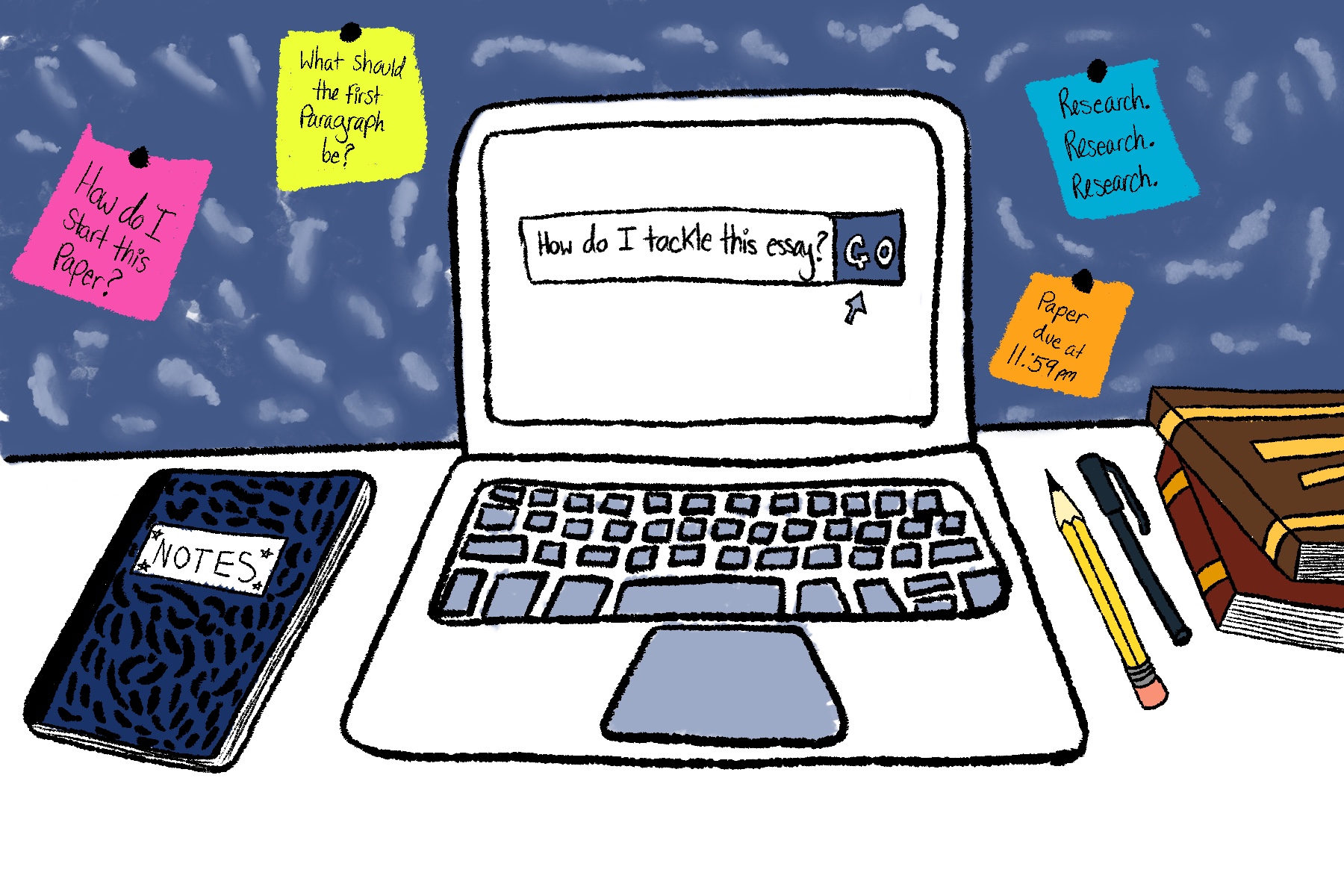Regardless of your major, essays are an unavoidable part of the college experience. The long writing assignments can be especially displeasing to students who have no interest in the craft of writing and no desire to write in their future careers. Some students go as far as saying they hate writing essays and would avoid it at all costs if they could. As an English major with a special focus on editing and writing, essays have been a crucial part of my college experience from the beginning and will remain so until I graduate. While I love writing, I understand how daunting and tedious the task can be as much as anyone. Fortunately, I have acquired a bank of college essay tips that have made the process easier.
- Know What the Instructor Wants
Fear of failure is a common cause of procrastination. When students don’t feel prepared for the task, they put off their assignments. Scholars who fear the unknown, worry they won’t meet their instructor’s expectations simply because they don’t know where to start. The best way to combat this dilemma is to look for the answers yourself. Asking questions during class or during one-on-one conversations with your professor, is the most direct way to find these answers.
Another method that can help you find this information is a little detective-style note-taking. When there’s a big essay assignment ahead of me, writing down notes whenever I hear my instructor mention any kind of personal preference in terms of essays helps. Every professor is different as expectations can range from one assignment to the next. For instance, I had an instructor who said URL links make citation pages look cluttered and that he prefers we leave them out. Simply, I jotted this down since I know this special request was important to remember. In another instance, I had a professor who mentioned she was okay with multiple-sentence thesis statements; naturally, I wrote this down as well.
Knowing what the instructor wants goes beyond just the technical aspects of the writing process. The most important thing you should know before outlining your essay is the answer to this question: “In the instructor’s eyes, what is the point of this assignment?” It is imperative to understand the central goal of each class and what skills to display in your essay. Carefully review any rubrics, assignment descriptions and examples your instructor provides. When the professor gives you freedom to choose your essay prompt, you must be certain that the topic you choose is relevant. Jot down important ideas the professor discusses often and any broad questions the professor frequently poses. Know what the course is intended to teach and what its scope is to better find your essay’s focus.
I took a course with a final project that required us to write about issues posed by a technology of our choice. The assignment might sound broad at first, but the course was focused on technical writing and the professor clearly stated that all of the sources we cite should be drawn from the field of technical writing. With that in mind, I chose a technology that was directly related to technical writing. In the end, I had no difficulty finding sources, nor did I have trouble connecting my project to the lessons of the course.
- Give Yourself Enough Time to Research
When I first began writing essays for college, I was overwhelmed by the amount of research I would have to do. Often, instructors will set requirements for the amount of sources that should be cited. Just this week, I wrote an essay that required me to cite at least twelve scholarly sources. Initially, it was tempting to spend little time researching and dedicate the majority of my time to actually writing the essay. In my freshman year, I would do research and writing simultaneously. I would only search for information as I needed it, skimming academic papers for the perfect quote then discarding them. This did me more harm than good. I would find myself with little sense of direction while writing my paper. I would even have to change my plans midway through if I could not find a source to back up my claims.
Dedicating a few hours to research has enormous benefits since it helps you to know your limits. If you want to make a claim, you need to know that it will be supported with evidence. A thorough research process can help guide your paper to find ideas that you want to include and the order you want to follow. When I do research, writing a rough outline helps me determine the direction of my paper. Whether it’s jotting down an idea that I want to explore or inserting quotes from different sources that I can include in my discussion. The advice to write an outline is a commonly given essay tip for a reason. This type of rough, research-informed outline makes the actual writing process simple, as all of the contents needed for each paragraph have been identified already. A thorough research process can give you peace of mind, as knowing your topic will surely give you confidence when writing your essay.
Incorporating your research into your essay is another important part of the writing process. One of the greatest essay tips I was ever told was to write both an introduction sentence in my own words before a quote and an explanation in my own words after the quote. This way, I would be sure that my own words clearly outnumbered quoted words.
- Make It Cohesive
The most challenging task of the essay – particularly long essays – is to keep the paper focused and cohesive. To do this, you must frequently remind yourself of your thesis statement. your central claim. Make sure every paragraph you write relates to your thesis in a way that is clear enough for your professor to identify. Each paragraph should start with a topic sentence. In the first sentence of each paragraph, make a clear, strong claim that relates to the main idea of the paragraph and that relates to the essay’s prompt. Then proceed to prove this claim with a mix of your own words and evidence for the remainder of the paragraph. The last sentence of a paragraph can serve as a transition sentence. It will help your paper flow more naturally from one idea to the next. If you can find a way to connect the idea that you have just finished discussing to the idea that will follow in the next paragraph, this will make for a cohesive paper.
Remind yourself of what you want to prove through your paper. Your thesis statement and your teacher’s requirements will make this clear. With each paragraph, prove your thesis and show your grasp on the skills and ideas that you have learned in class. Staying focused, knowing your instructor’s expectations and giving yourself ample time to learn as much about your topic as you can will help you approach your essay with all of the confidence you need to succeed.

















